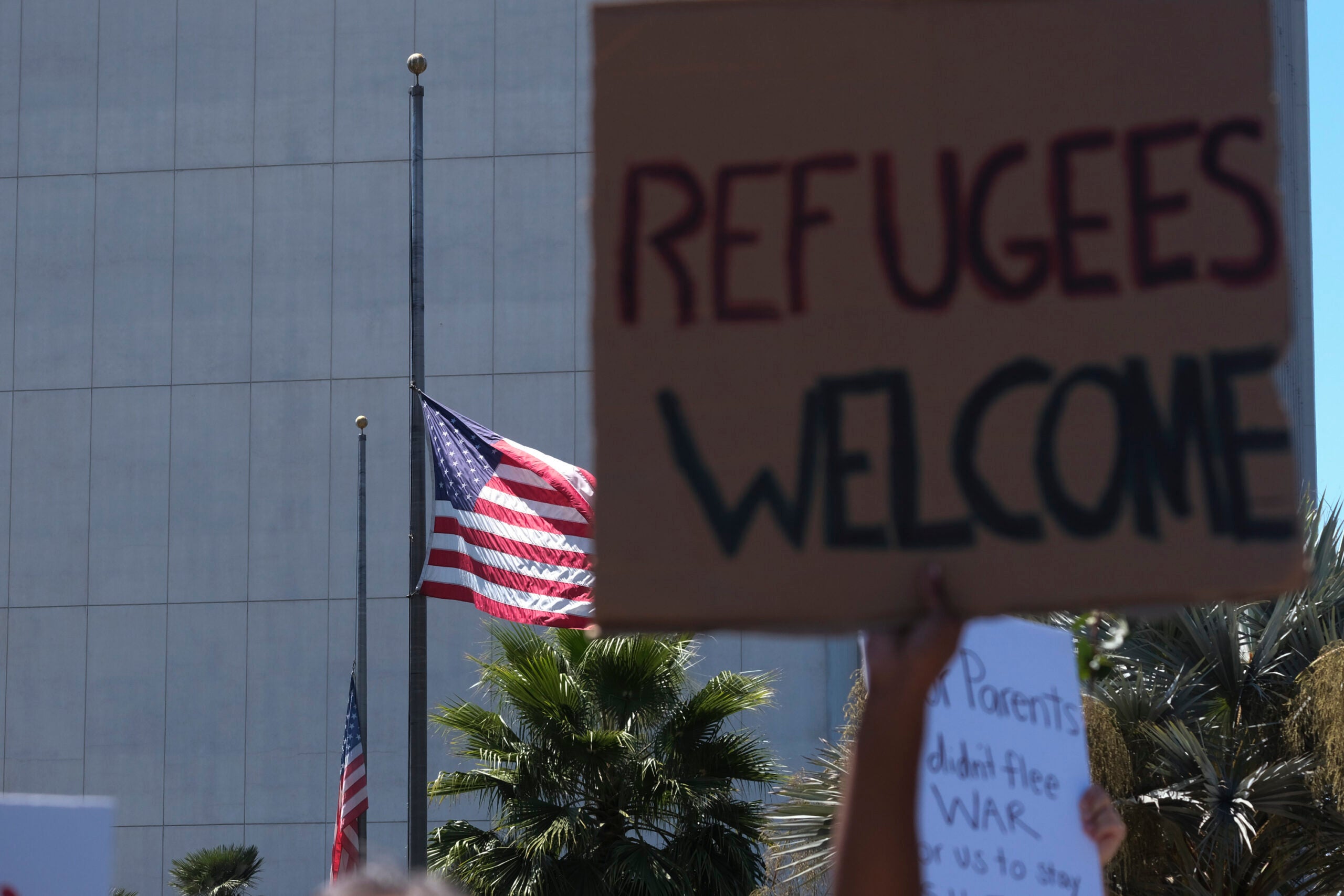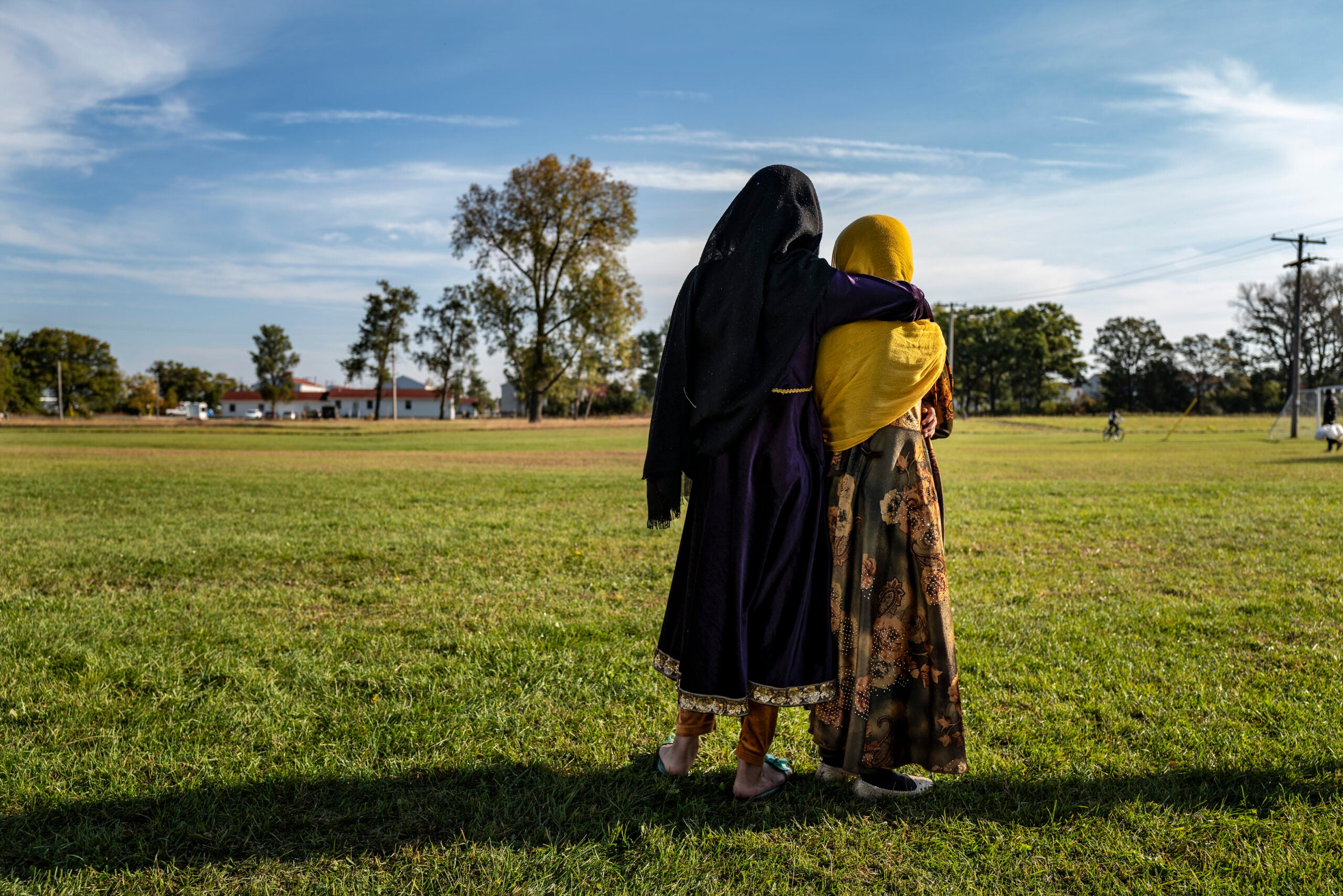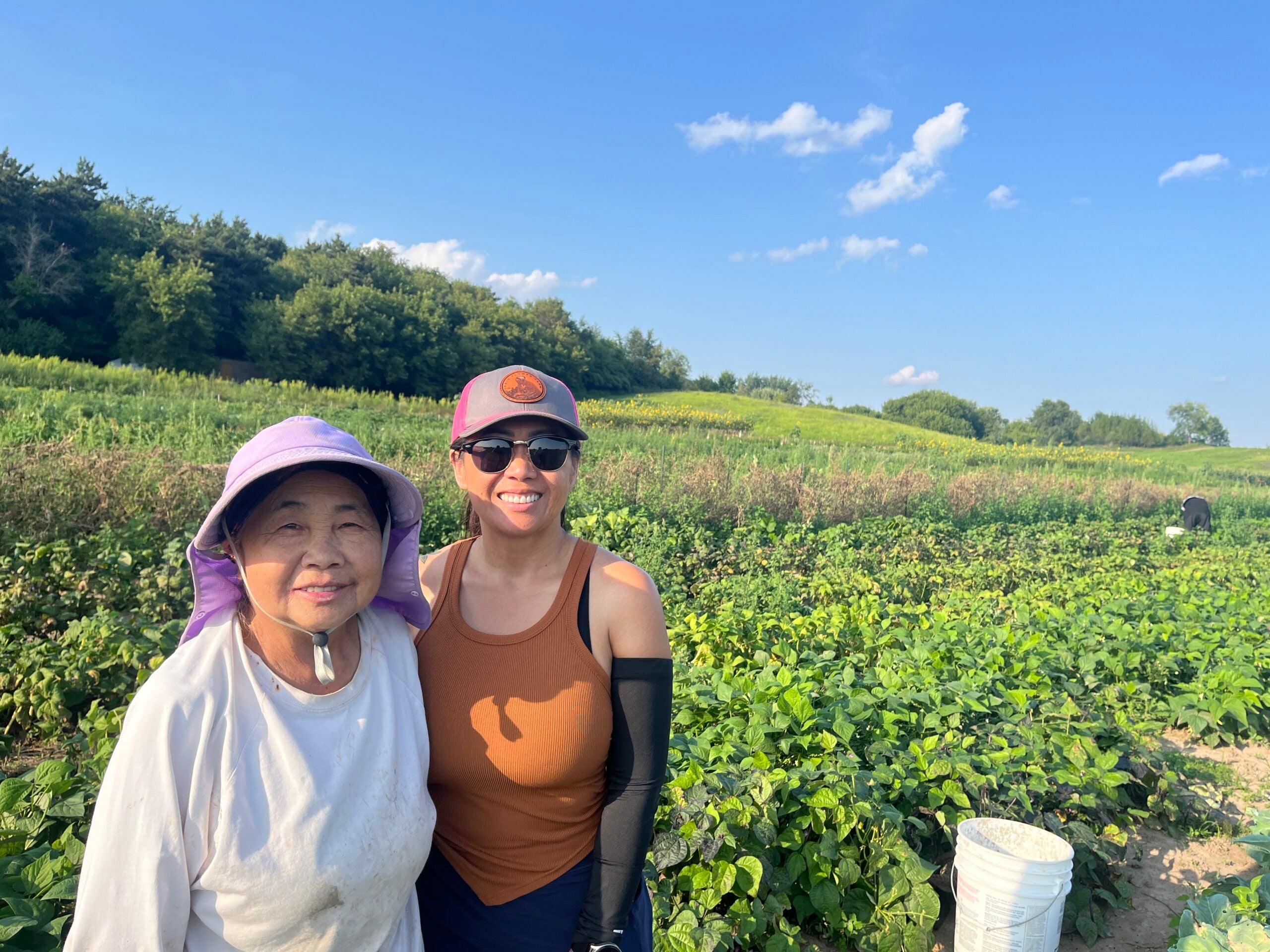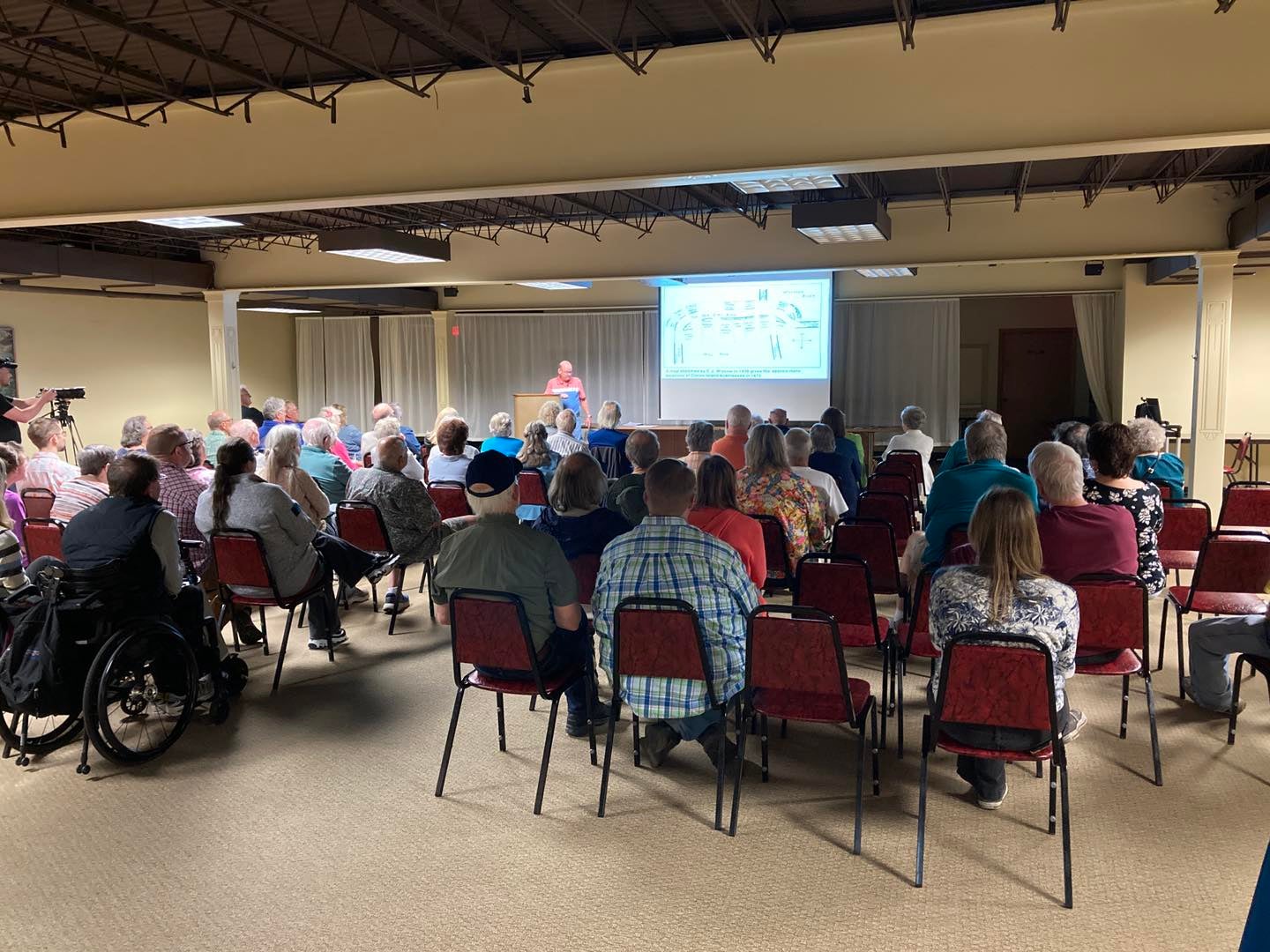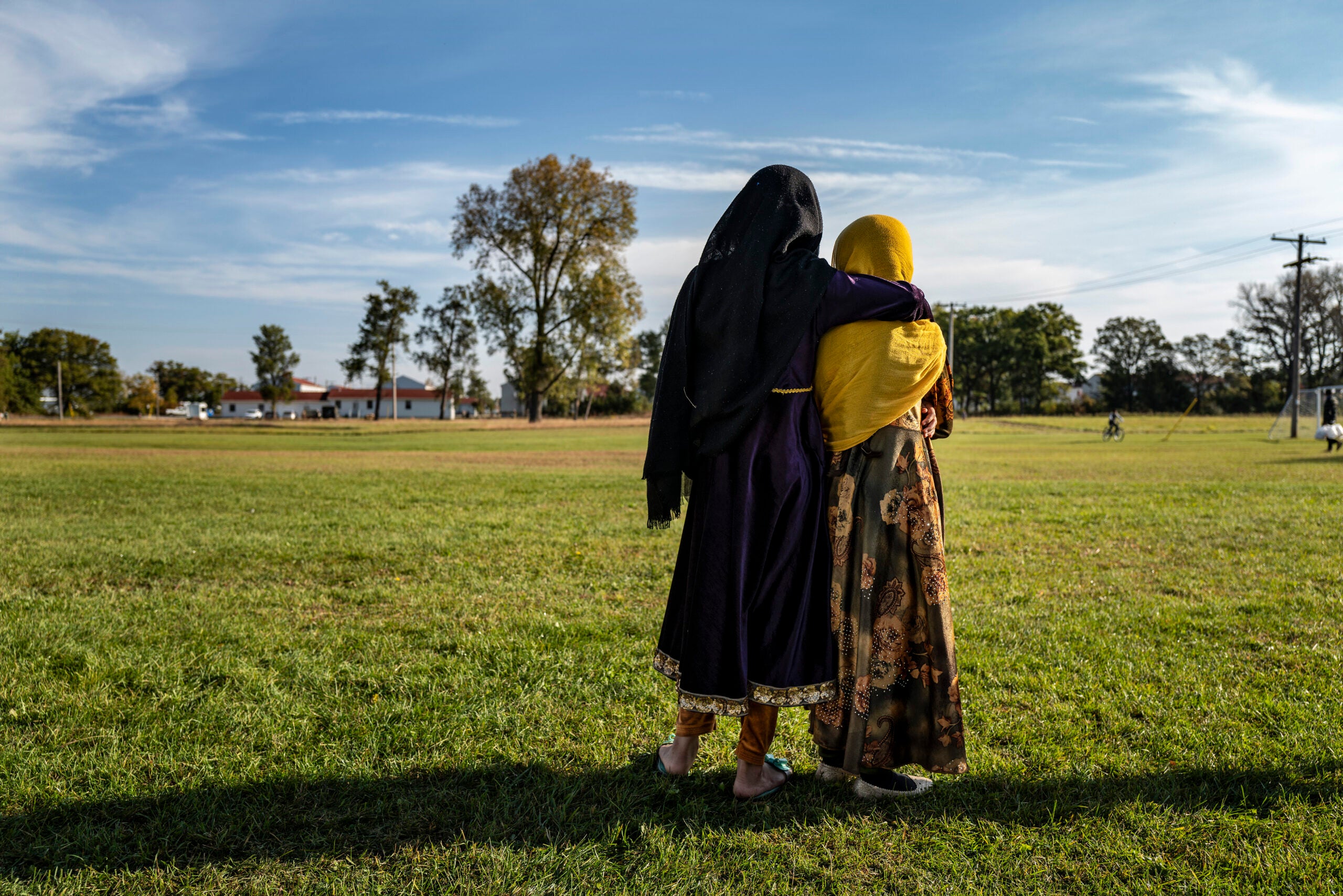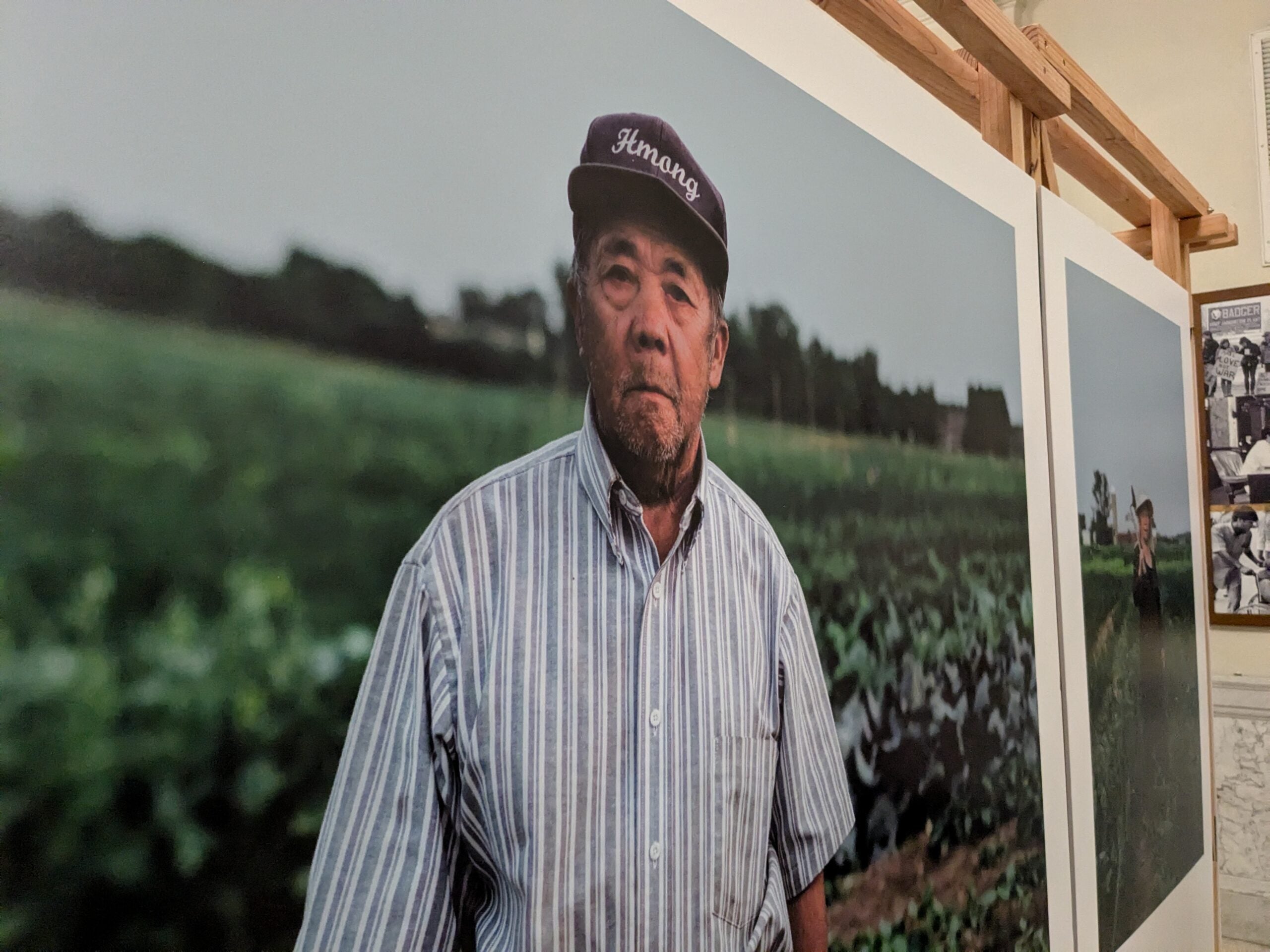Ten Afghan refugees will settle in Wausau by the end of this year, and as many as 75 more could arrive early next year. It’s the first time the city has been a site for refugees since Hmong families came to Wisconsin decades ago, and local leaders say the central Wisconsin city’s experience settling Hmong refugees will guide them.
Federal officials have said 399 refugees from Afghanistan will settle in Wisconsin. Wausau’s efforts to become a refugee resettlement site predated the Afghan refugee crisis, and it’s not yet clear whether all 75 of those who will be settled in early 2022 will be from Afghanistan. Refugees from Burma, Sudan, Congo and Iraq are also being resettled.
But local faith and political leaders have already begun laying the groundwork for the new arrivals. A new nonprofit called New Beginnings for Refugees is accepting donations from community groups, and on Thursday evening representatives from local government, churches, schools and nonprofits spoke about what they see as the benefits to Wausau of bringing refugee families here.
News with a little more humanity
WPR’s “Wisconsin Today” newsletter keeps you connected to the state you love without feeling overwhelmed. No paywall. No agenda. No corporate filter.
“They bring a resilience and a strength and a creativity and an entrepreneurship that brings vitality to a community,” the Rev. Rebecca Voss said in an interview. “It brings a renewed sense of the American spirit, really.”
Voss is pastor at Wausau’s First United Methodist Church. She started working on bringing refugees to Wausau in 2020. With Wausau Mayor Katie Rosenberg and U.S. Sen. Tammy Baldwin, she worked through the requirements of the U.S. State Department and coordinated with refugee resettlement agencies. A group called the Ethiopian Community Development Council, based in the Washington, D.C. area, will hire a Wausau-based director to manage the efforts.
Most refugee resettlement efforts in Wisconsin are based in Milwaukee, Madison and the Fox Valley. But Wausau has a unique history with refugees. The city of about 40,000 people has the highest concentration of Hmong people in the nation — the result of several waves of refugee settlements from the 1970s through the early 2000s.
Hmong refugees experienced racism and discrimination, and a community backlash over efforts to integrate schools. Yee Leng Xiong, director of Wausau’s Hmong American Center, said at Thursday’s event that his organization and the Hmong community at large will work closely with the new efforts.
“The Hmong American community has success stories but also cautionary tales, and we are committed to sharing these stories with our partners in the local area,” Xiong said. “We want to highlight the lived experience of the Hmong community to make sure that our new neighbors are set up for success, and we are looking forward to working with everyone and our local partners to make sure that this is a smooth transition.”
For Rosenberg, in addition to humanitarian concerns, there is a simple economic case for bringing new families in.
“Our job as a city is to grow,” she said. “This is one of those things that brings people in and brings workers.”
Numerous studies have found that the economic benefits of resettling refugees outweigh the costs, or at least have no significant negative effects. In the U.S., refugees’ average earnings lag behind the median income for the first five years, then significantly outperform the U.S. median, according to the International Catholic Migration Commission.
The number of refugees settling in Wausau is relatively small. But some places that become home to a small initial number of refugee families see those numbers grow over time as others from the same country or culture seek to live and work around family and friends. This happened in Wausau’s Hmong community, as well as in rural communities including Barron, which today has a significant Somali population. When local populations perceive that growth as an “influx” or a cultural or economic threat, it can lead to political backlash. Already, U.S. Rep. Tom Tiffany, the Northwoods Republican who represents Wausau, has accused the Biden administration of failing to vet refugees in Wisconsin. That’s a charge local and state leaders strongly refute.
Voss said local faith groups and nonprofits will work together to address misconceptions and answer concerns from Wausau residents.
“There are ways we will stumble as we try to learn how to understand people from a different culture,” she said. “But there are also things our community has learned from those decades-ago times of resettling our Hmong friends: How we can do better in being a community that welcomes people.”
Wisconsin Public Radio, © Copyright 2025, Board of Regents of the University of Wisconsin System and Wisconsin Educational Communications Board.

